Cruel, Cruel Summer
You might think that climate change only affects people living on the coasts or polar bears in the north, but it’s changing lives for everyone in Canada — today. That’s because our changing climate is transforming how we experience our seasons, and in particular our summers, and it means more flooded basements from freak storms, less time to play outside due to heatwaves, and wildfires that keep you away from the cottage or the campground. Here’s what those impacts look like.
More (and longer) Heatwaves
Heat waves are hardly a new phenomenon, but they’re getting more frequent and more fearsome thanks to climate change — as much as five times more likely, according to research done on the recent heat wave in Europe that saw temperatures hit 45.9°C in southern France.
Worldwide, this past June was the hottest on record, and forecasters expect July to be a recorder-breaker as well — something that seems to be a near-annual occurrence in the 21st century. That’s leading to more wildfires, more air pollution, and more crop failures. It’s also leading to more fatalities, with senior citizens being particularly vulnerable to the effects of extreme heat. Indeed, heat waves are already the most dangerous form of extreme weather, and that danger will only rise with the temperature — to the point where, according to one recent study, major cities like New York and Los Angeles (and, presumably, Toronto and Montreal) could see thousands of fatalities in a single heatwave.
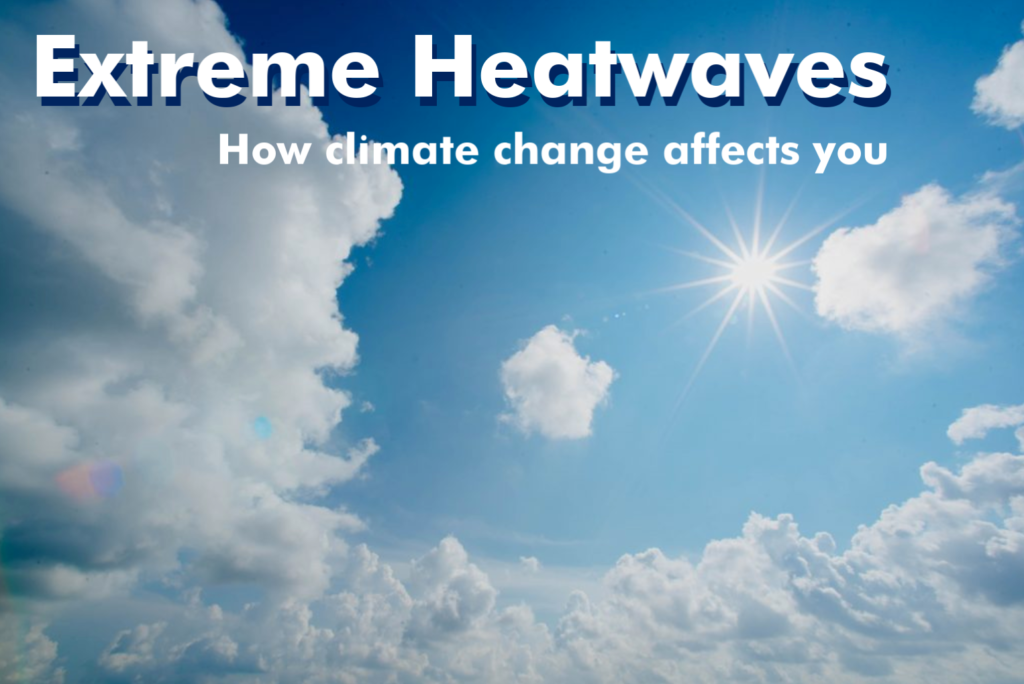
What will this mean for me?
- Bigger air conditioning bills
- More expensive fruits and vegetables due to drought
- Dirtier air
- Less time outside with family and friends
- Greater risk of heat stroke
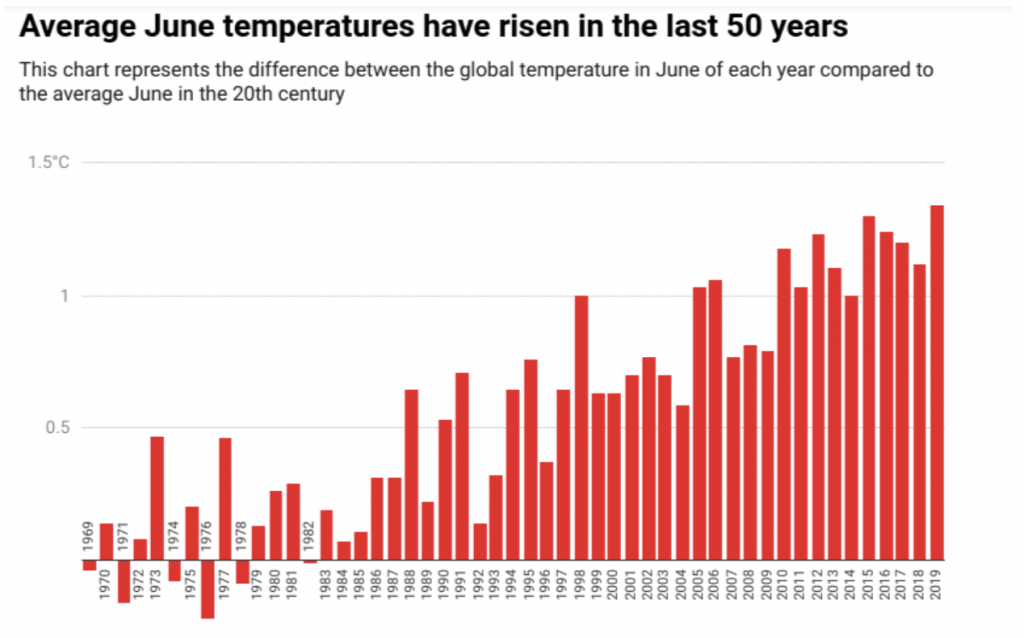
More Intense Summer Storms
A thunderstorm is one of the hallmarks of a Canadian summer, and it can offer relief from the heat and humidity. But as temperatures rise and extreme weather becomes more common, those storms will become more dangerous — and potentially deadly. As a recent MIT study noted, the energy available to fuel local thunderstorms has increased 13 percent since 1979. That energy can translate into more intense precipitation and wind, which could flood your garden or basement or lead to damage to your car, home, or other pieces of personal property. And as Canadian scientist Julian Brimelow has noted, climate change is also producing conditions that are favourable to the creation of larger hailstones — and that those conditions will be particularly ripe here in Canada.
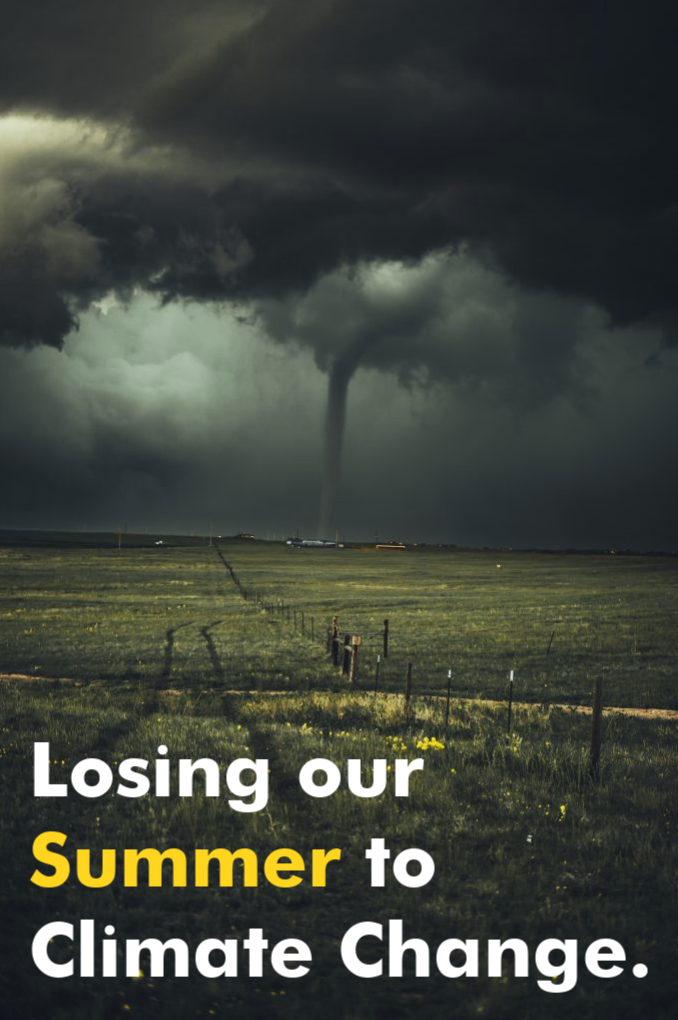
What will this mean for me?
- Elevated risk of flash-flooding events
- Hail damage to vehicles or homes
- Higher insurance premiums
More Ticks (and the diseases they carry)
Spiders have advocates. Bats have allies. But ticks? They’re on their own. That’s because the very mention of them is enough to set most people’s skin crawling, and with good reason: they carry any number of dangerous diseases, from Lyme Disease to Rocky Mountain Spotted Fever. And like reverse snowbirds, they’re moving into Canada by the millions because of climate change’s moderating impact on our winters — especially in the parts of Canada in the southern part of the country that are most heavily populated.
The risks from tick-borne diseases tend to be borne most heavily by the family dog or cat, who’s more likely to go bounding off into the woods where ticks thrive, but human beings might face the biggest risk of all. That’s because in rare circumstances, a bite from a Lone Star tick can produce an allergy to red meat in the victim – one that’s permanent. That’s right: no more beef or pork.
Lone Star ticks, as the name suggests, are native to Texas and other southerly portions of the United States. But they’ve been spotted in Ontario this year, and as our climate continues to warm they may well migrate north in larger numbers.
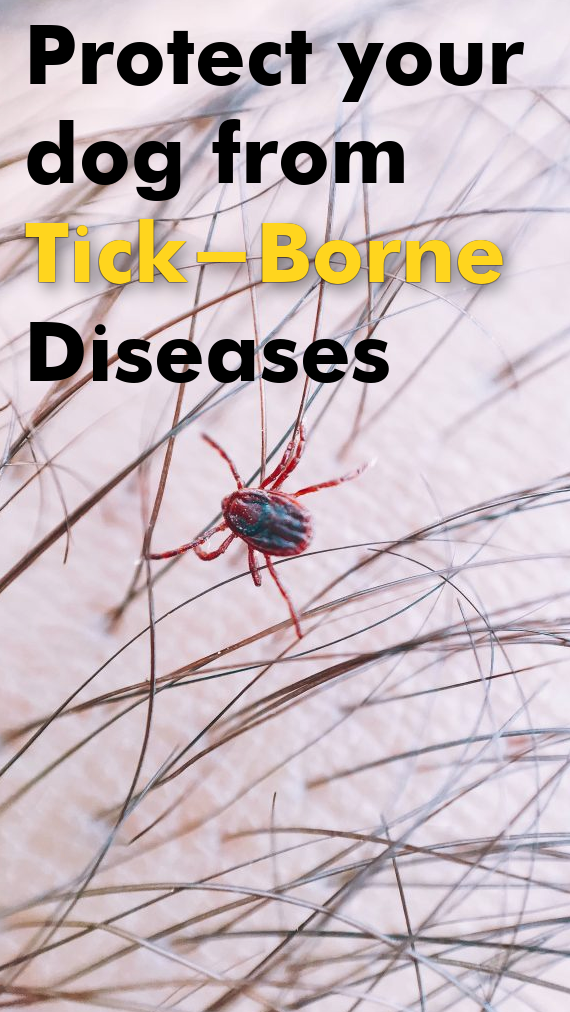
What does this mean for me?
- Greater risk of contracting tick-borne illnesses, some of which (like Lyme disease) can be very dangerous
- Greater risk of your dog or cat contracting tick-borne illnesses
- Having to stay indoors or avoid the woods in the summer
- Having to keep pets leashed up instead of letting them wander
More Wildfires
In recent years we’ve seen a fifth season added to the usual four in Canada: fire. And while the smoke has been the thickest out west in Alberta and BC, wildfires have threatened homes and polluted the air virtually everywhere. In Northern Ontario, for example, the sorts of bad fire seasons that used to happen one out of every four or five years are now an annual occurrence.
This new season is only going to get longer and more unpleasant as time goes on, given that the last one degree Celsius worth of warming already increased the size of wildfires by as much 500%. That’s because a warmer climate dries out forests and expands the reach of destructive bugs like the Mountain Pine Beetle, which leave a fire-prone path of dead timber in their wake. How much bigger will those wildfires get after the next degree of warming? One thing’s for sure: It won’t be pretty.
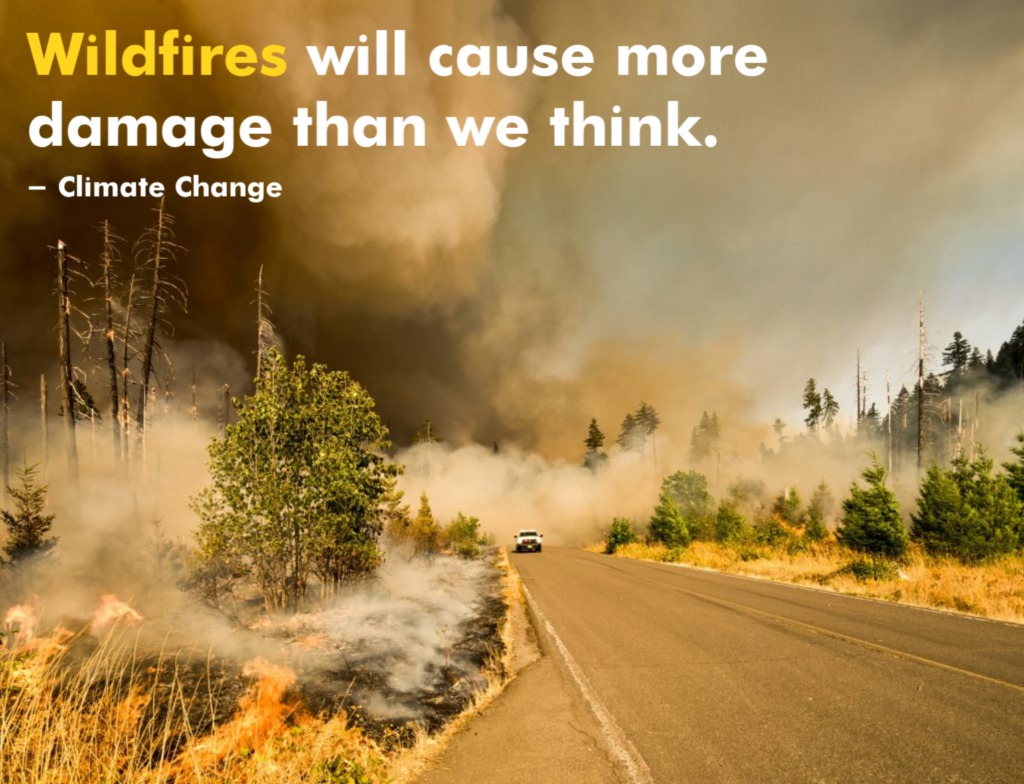
What does this mean for me?
- Increased risks for those with asthma and other lung conditions
- Closed recreational areas or campgrounds in the summer
- Inability to perform outdoor activities during smoky days
- Damage to property in forest-adjacent areas
What You Can Do
We can act to reduce the impacts of extreme weather, and they’re impacts that are already touching our daily lives. Here’s the good news: we already have the tools we need to reduce our emissions. And while we can all do our part individually, the most important thing we can do is ask our elected leaders to enact or support good climate policies like putting a price on carbon pollution with a carbon tax. A carbon tax encourages us all — individuals, companies, and big industry — to reduce our carbon pollution. And because the money is returned to families and businesses, it’s affordable for everyone.
Want to learn more about why a carbon tax is the best way to fight climate change? Start here.

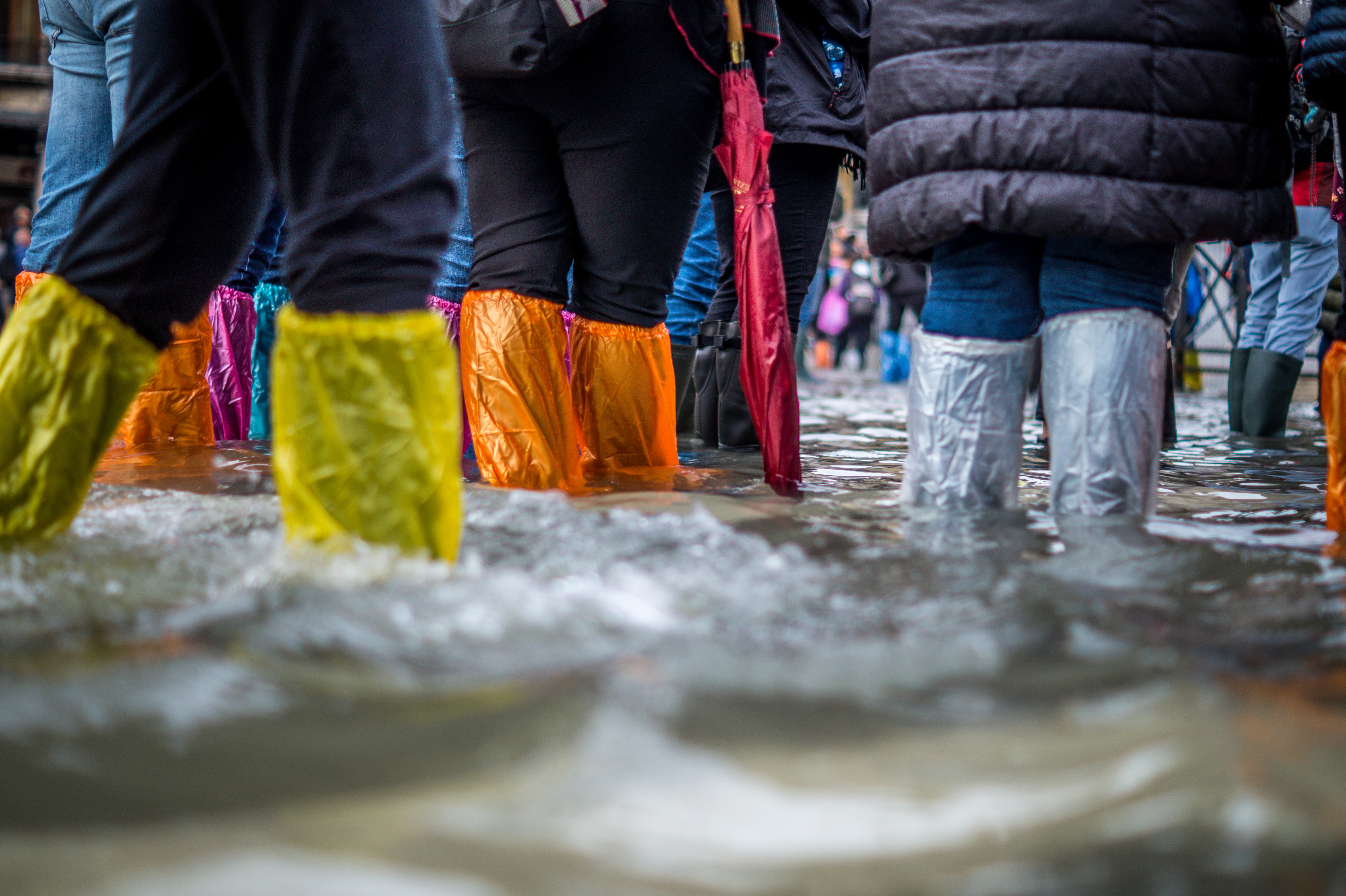

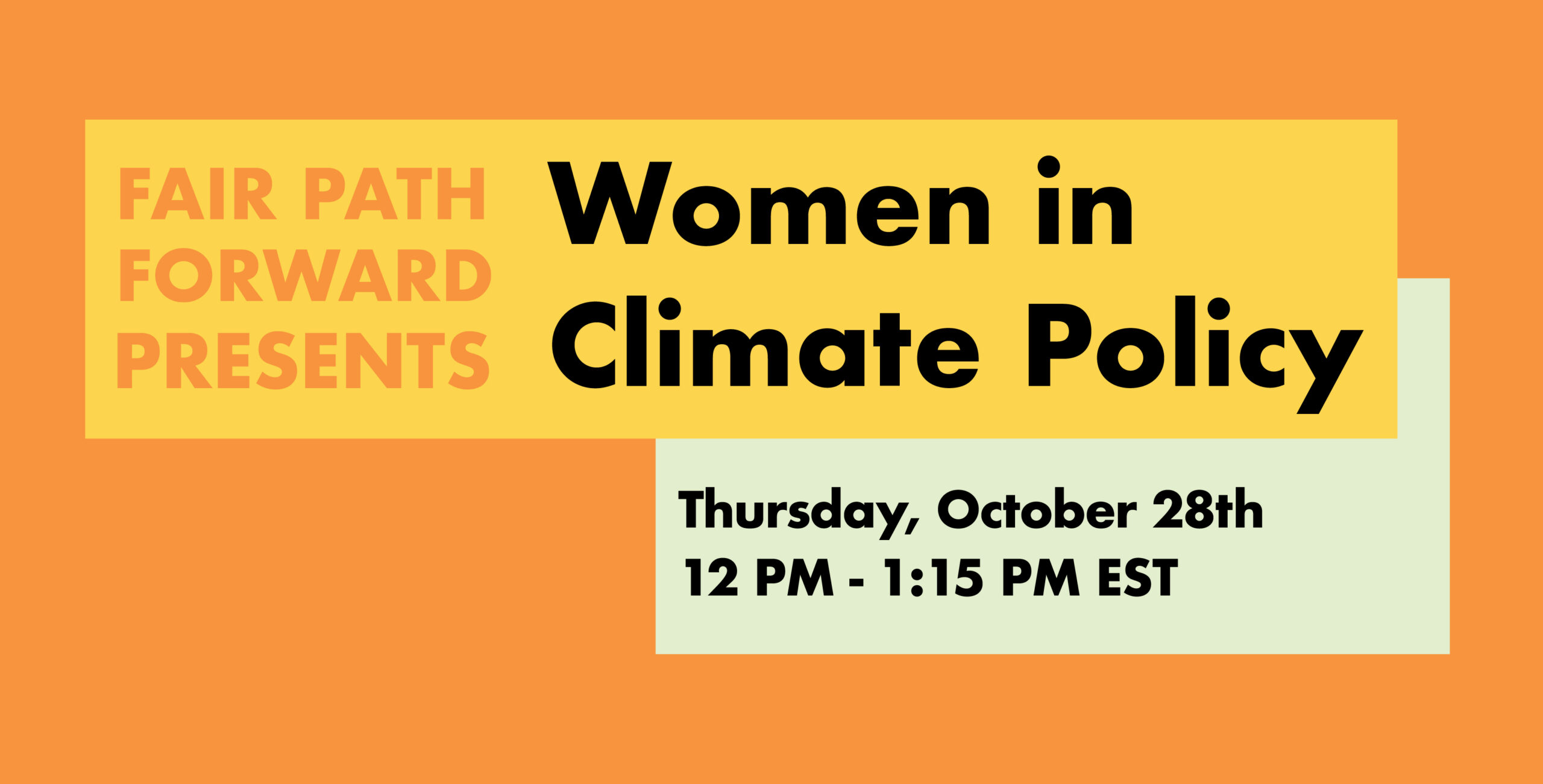

leave a comment